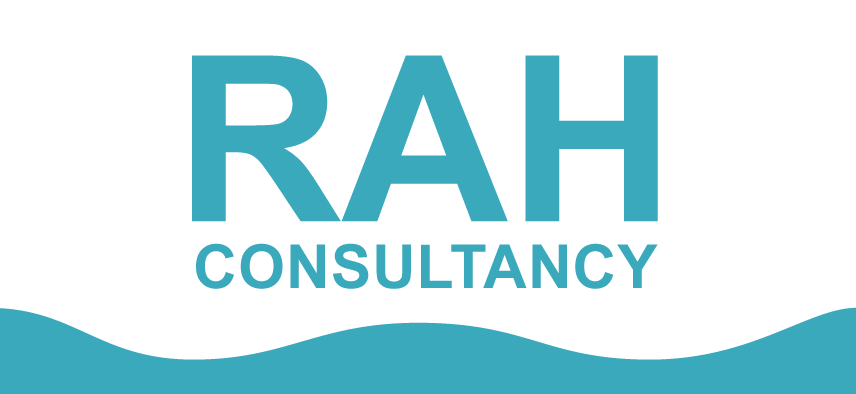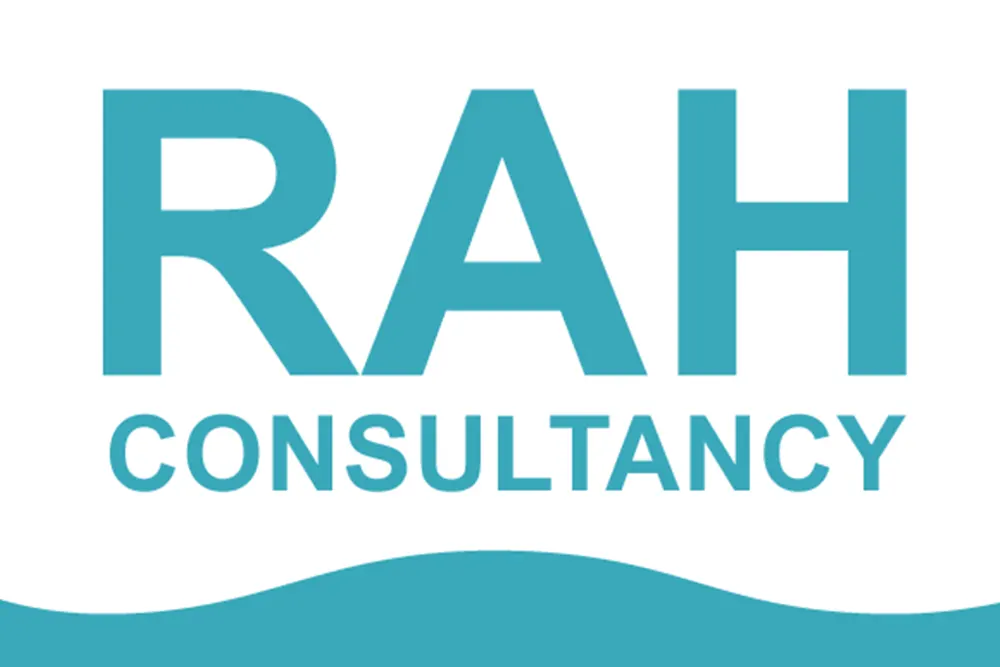Water Product Certification Consultants
Water and Building Regulations Approvals
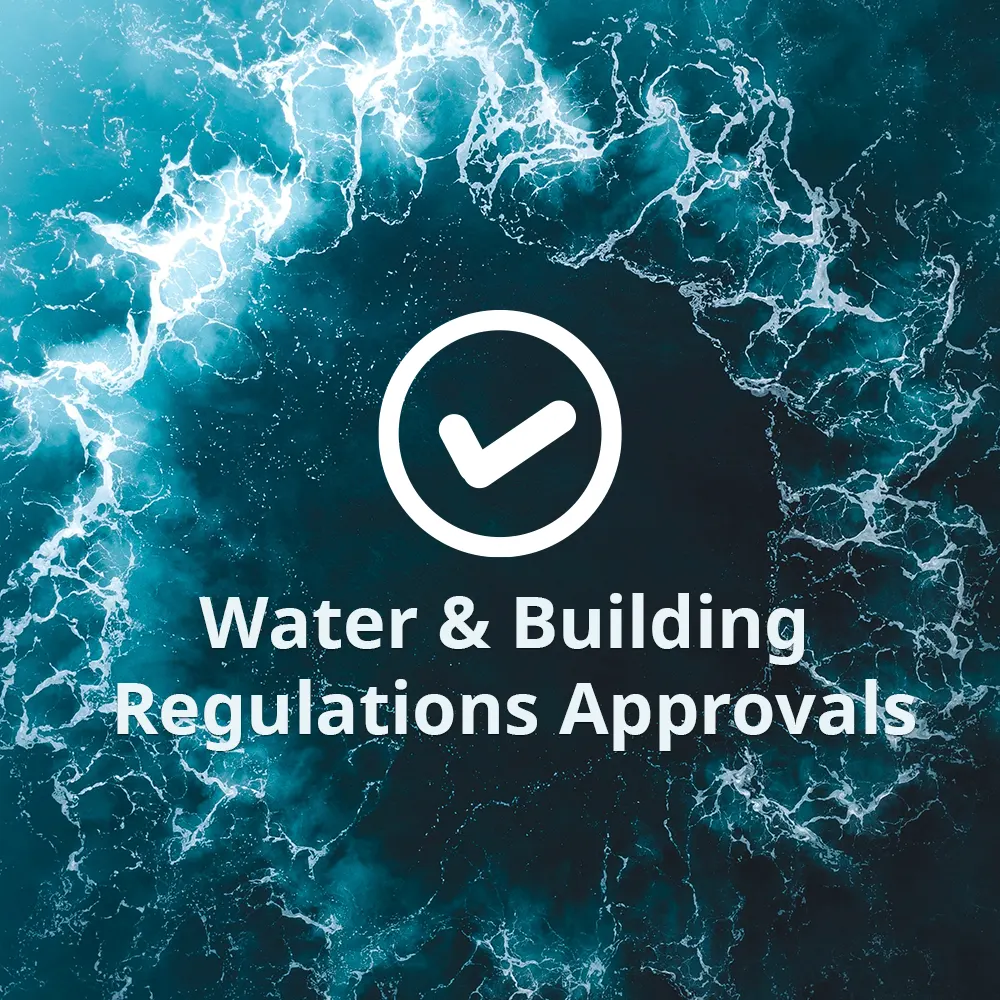
Water Fittings Compliance
With regard to the Water Regulatory requirements, it is illegal to install or use a water fitting which is in contravention of the Water Supply (Water Fittings) Regulations 1999 and the Water Bye-laws 2000, Scotland.
It is not a requirement in law that any water fitting or combination of fittings should be tested for compliance with either the regulations or bye-laws. There does, however, exist a series of Test Criteria by which a water fitting can be shown to conform to an appropriate quality and standard. These criteria are used in voluntary schemes which may be used by water regulators for the approval of water fittings. These Test Criteria are available to view under the Water Regulations Advisory Scheme (WRAS) website.
Water Regulations Inspectors are required to inspect new-build and existing premises to ensure all fittings and materials used are in compliance with the regulations or bye-laws. Because there is no requirement in law to prove water fittings comply with the regulations, voluntary schemes exist whereby two agencies, WRAS and KIWA approve water fittings to the Regulator's criteria. The UK Water Undertakings accept the certificates provided by WRAS and KIWA as proof of product compliance.
We have extensive experience in operating as an agent for the approval of water fittings and materials. We offer advice on any necessary redesign required, any changes of materials, and co-operate with the test laboratories undertaking the test work and with the approval bodies issuing the certificates.
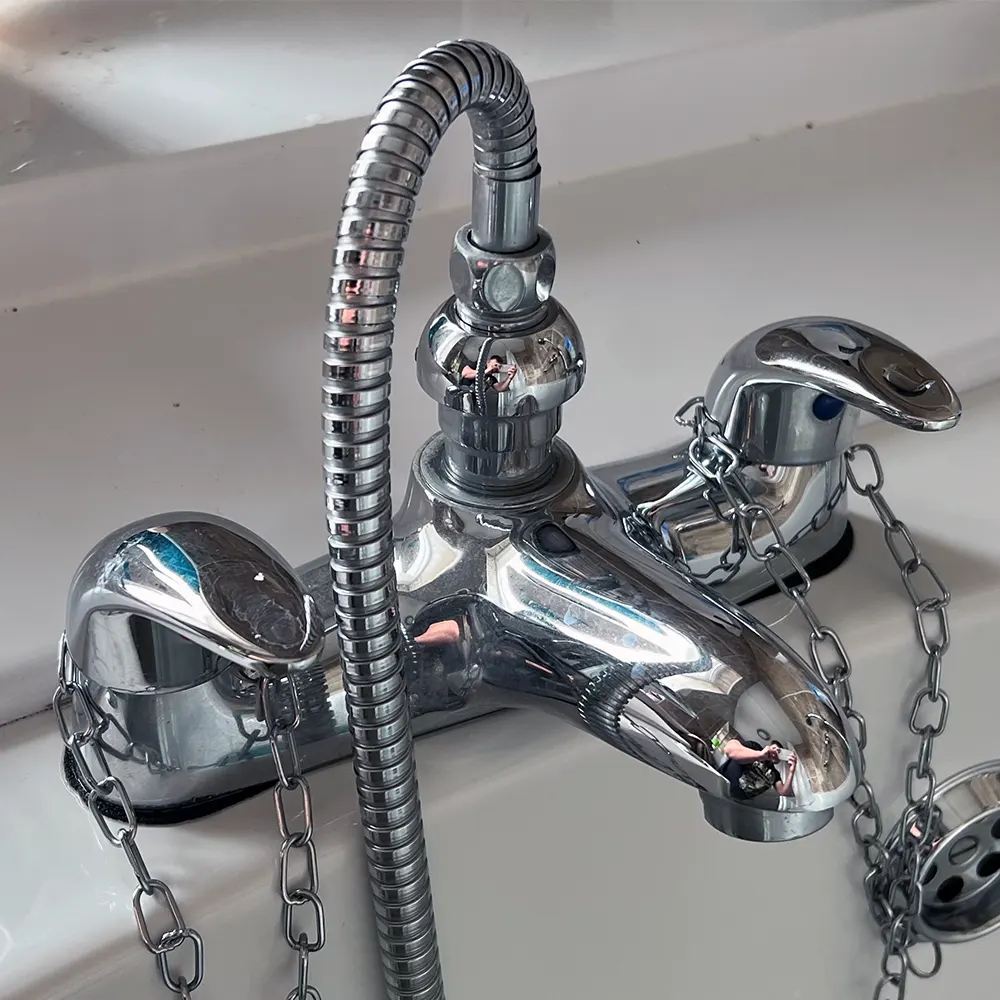
Regulation 4 Certification
RAH Consultancy has a long history of gaining regulatory approvals for both international and UK approval requirements. Our track record in gaining regulatory approvals stretches back to 1989. As such we understand the many intricacies involved in this certification.
We act as Agents in gaining this certification on behalf of your company, we advise if there are any changes necessary to make to the product to give it the best possible chance of passing visual inspection and mechanical testing. Using our close proximity and friendly working relationship with both test laboratories and produce an application on your behalf. We continue our work from the initiation of the project to the completion of the mechanical testing.
We also undertake under special request Water Regulations Advisory Scheme Certification. Please ring or email to have a free mini consultation to discover how we can help get your product certified.
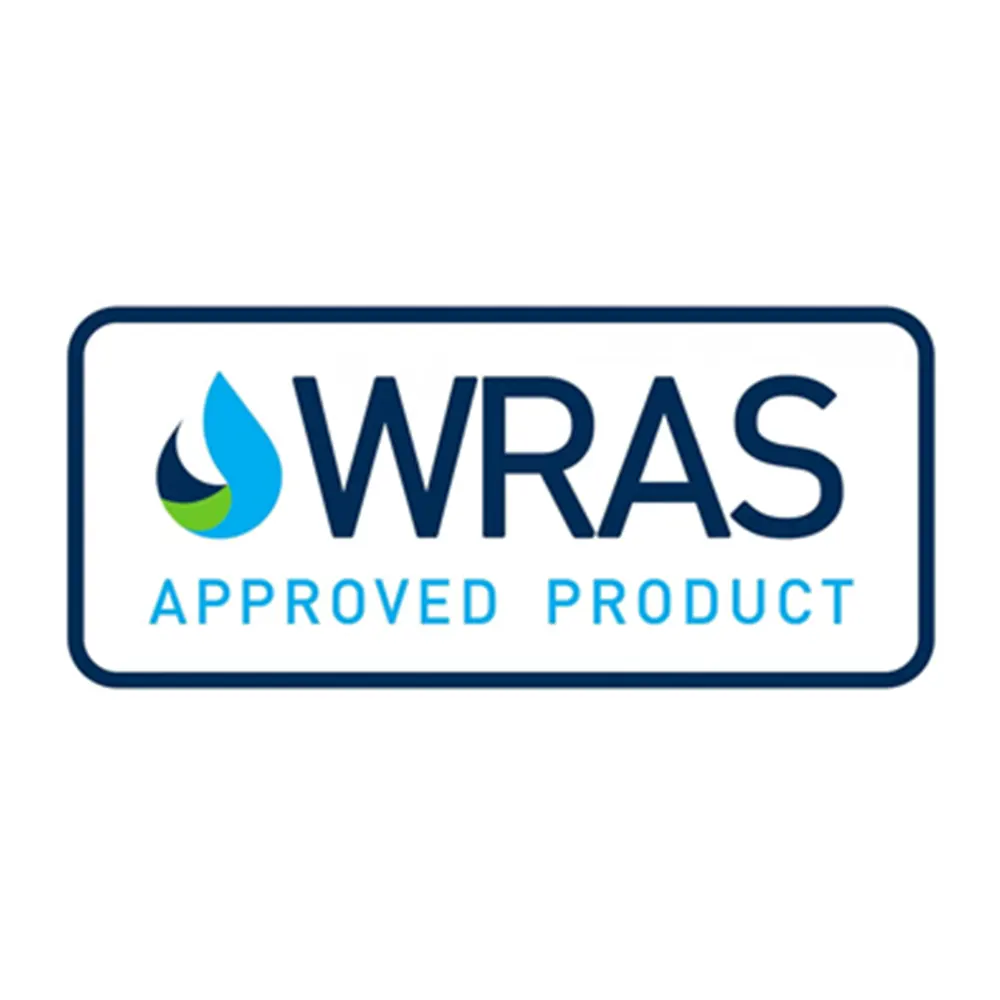
BS: 6920/Materials testing/Regulation 30
All non-metallics to be legally used within a public water supply legally must demonstrate that they will not pollute the water in such a way that either causes harm to human health or produces an aesthetic change to the water supply. This is achieved by passing the testing which demonstrates that your material is ‘generally in accordance with the British Standard: 6920. If you have a non-metallic material which is to be used in a public water supply, we advise that you use our Consultancy services to increase the chance of success and streamline the certification purpose
If you manufacture the material for others to use, you will want to gain a WRAS Approved
Material Certification. This will allow you to market your material as safe to use within public potable water supplies using a readily available to the public certification listing. We consult you on your material, the type of testing you require for its use case and the preparation procedures you may need to adopt to give your product the best chance of passing the testing. If you are not a manufacturer, we advise that you opt for a Materials Laboratory ‘Mat-Lab’ Report.
If you are a manufacturer of a product and have been supplied a material which is not
certified for use with wholesome water in the UK it is advisable that you seek a Mat-Lab Report from the test house. This will allow you to use the material which you have purchased without your competitors having access to the compliance data that you have sought.
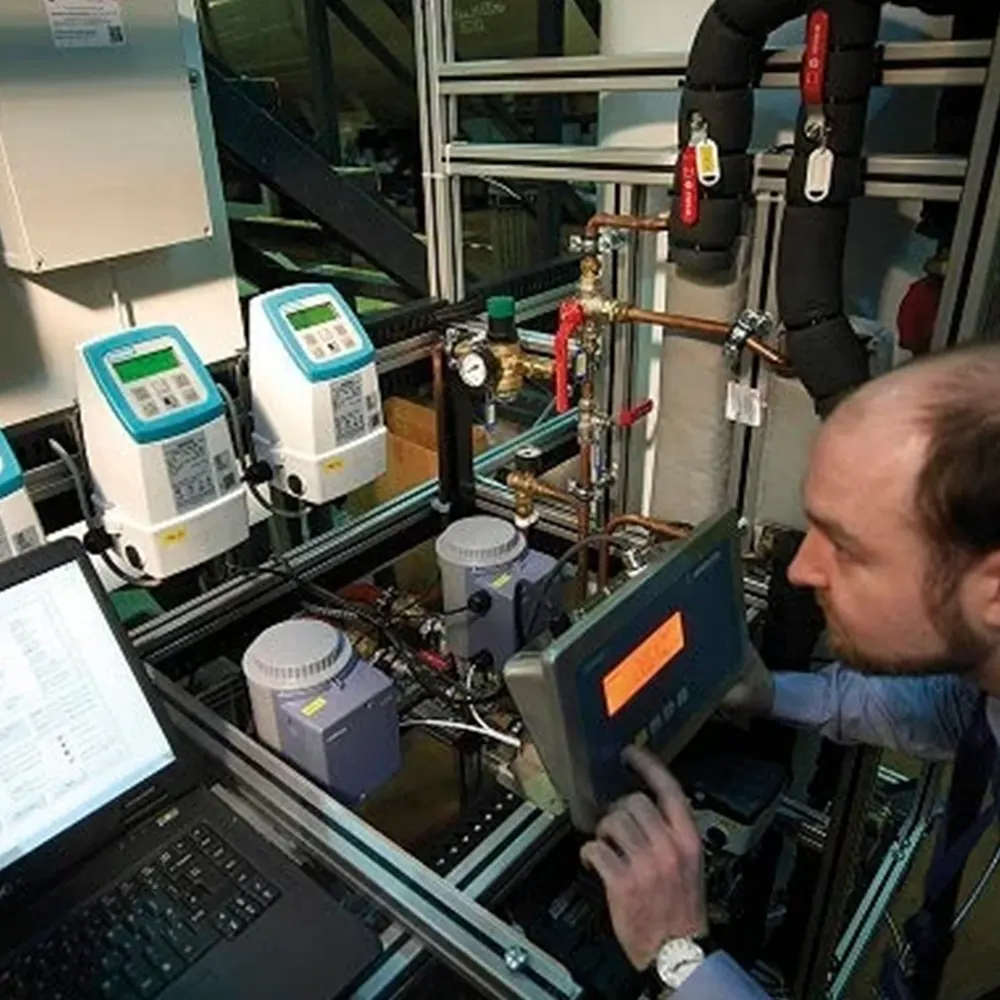
Thermostatic Mixing Valve:NSF TMV2/Kiwa WatertecType 2 Schemes
Thermostatic Maxing Valve:NSF TMV2/Kiwa WatertecType 2 Schemes
The UK Building Regulations Approved Document G-(3) Hot water safety
RAH Consultancy has from its inception been involved with the Regulations afforded to hot water safety devices. The Building Regulations: 2010 stipulate that users of hot water for bathing must not be scalded. The thermostatic mixing valves that are used to regulate outlet water temperature can voluntarily be tested to the following schemes:
A further requirement of part G3 was introduced by 2016 and relates to thermostatic mixing valves installed in domestic premises for the prevention of scalding. The acceptability of in-line blending valves is demonstrated by compliance with the relevant European Standard such as BS EN 1111:1999 or BS EN 1287:1999.
Proof of the anti-scald properties of thermostatic blending valves for domestic premises can be provided by submitting valves to the testing requirements of either NSF TMV2 or Kiwa Watertec Type 2.
RAH Consultancy has the expertise and knowledge to guide our clients through the entire approval process.
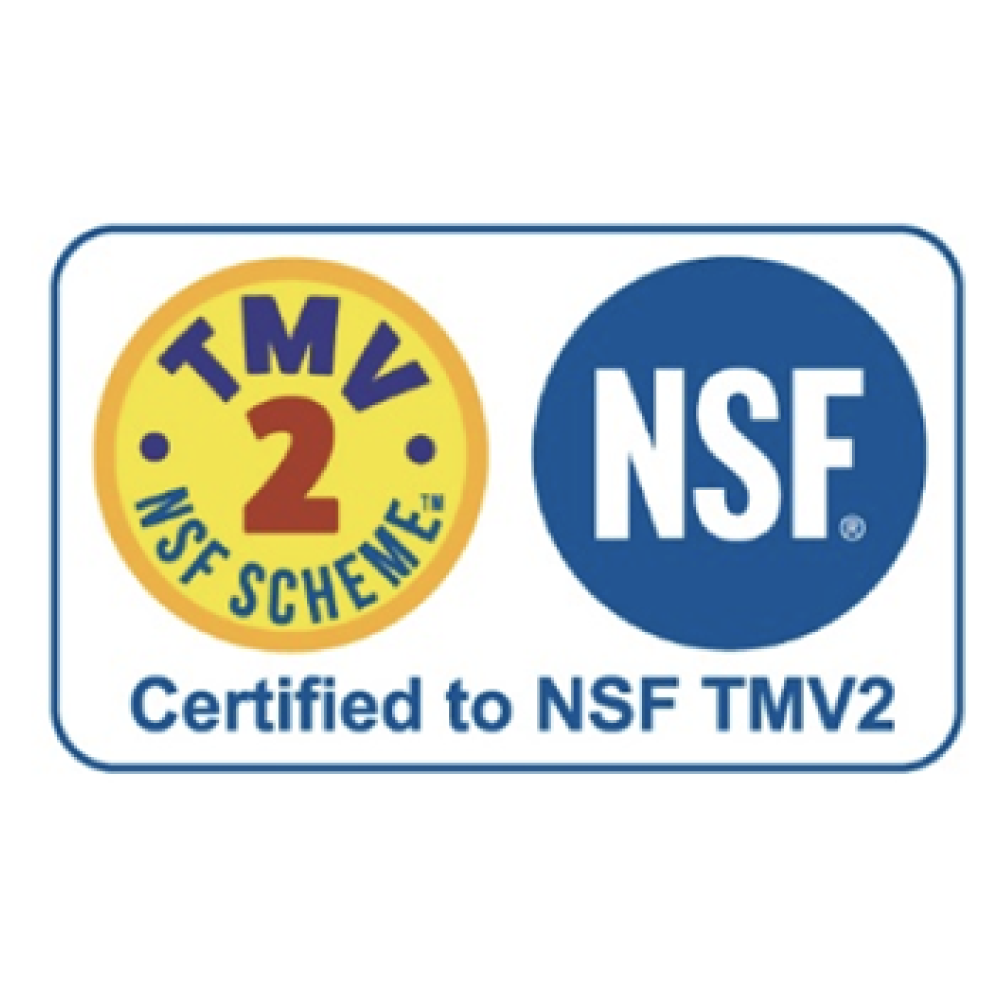
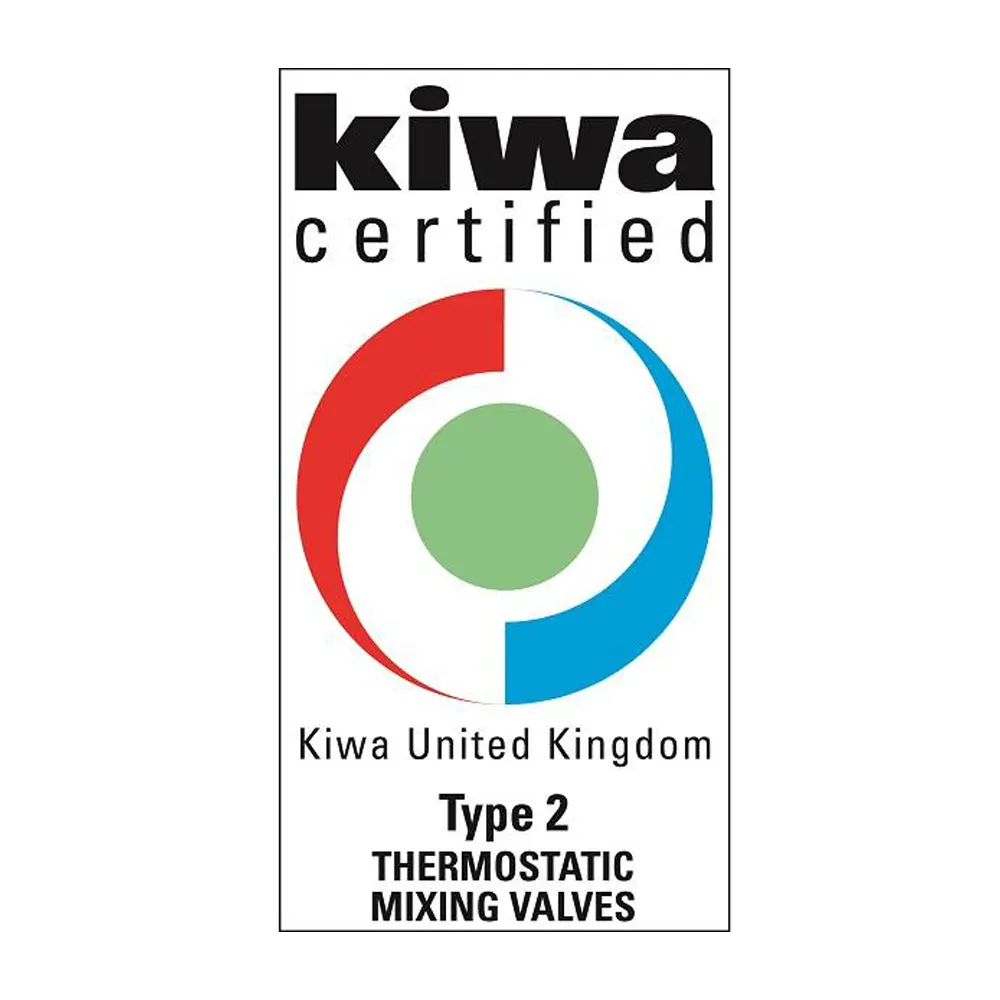
Thermostatic Mixing Valve:NSF TMV3/Kiwa WatertecType 3 Schemes
Richard received the active encouragement of the NHS and Manufactures and following the setting up of a committee, he was involved in the writing of the new standard, "NHS Model Engineering Specification D 08 Thermostatic Mixing Valves (Health Care Premises)", and also for the design of equipment to undertake the testing.
NSF-WRc, through their approval scheme, certify valves to TMV3. KIWA also operate a similar scheme for Type 3 thermostatic mixing valves. RAH's experience in testing of TMVs makes us the preferred choice of an increasing number of manufacturers.
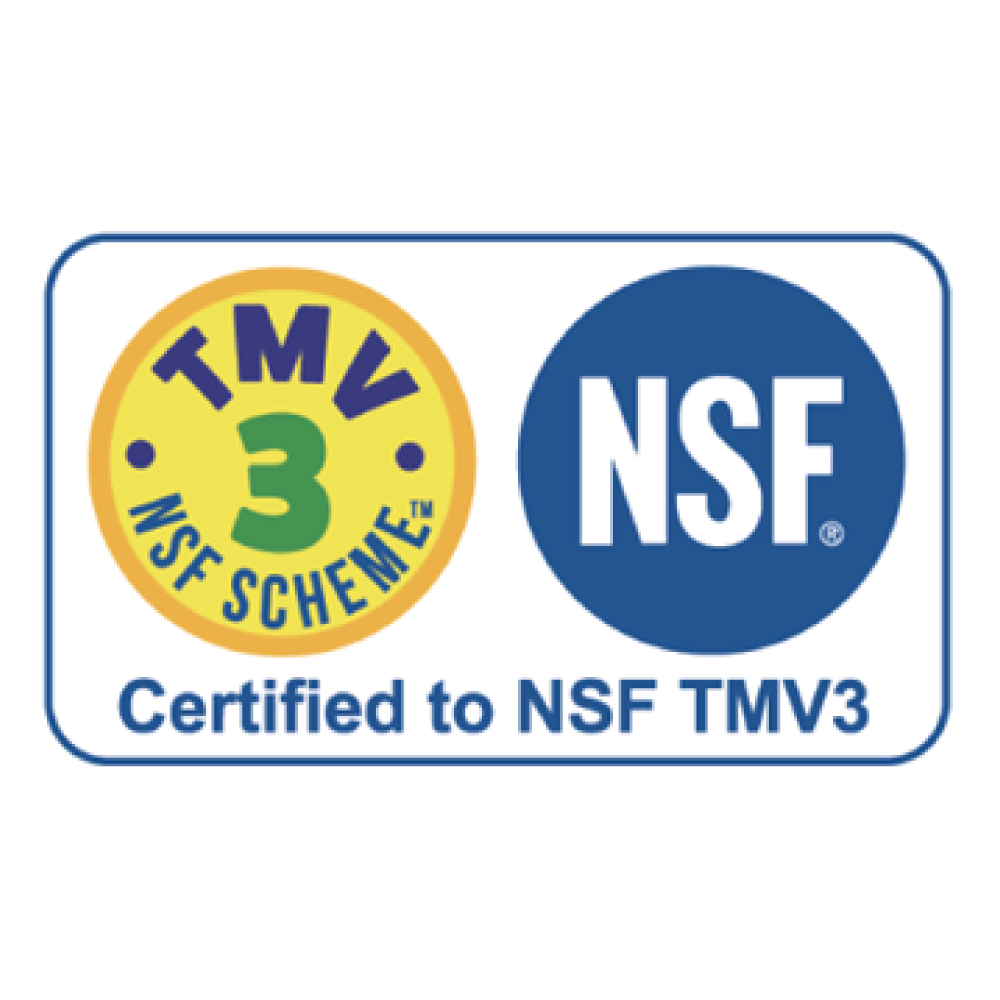
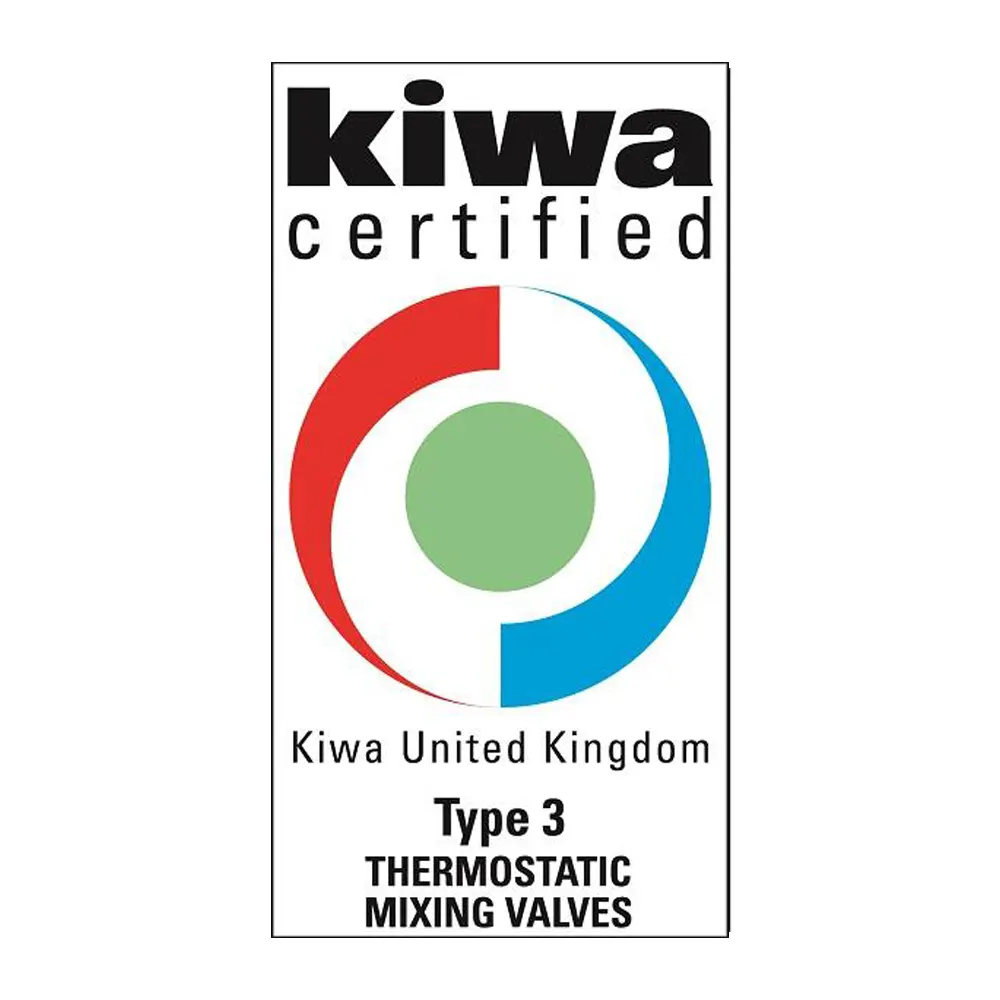
Building Regulations Compliance
The water regulatory aspects of Building Regulation are essentially contained within Approved Document G of The Building Regulations 2000. The primary sections relate to the water efficiency performance requirements of part G2 and the requirements for the design and installation of the directly or indirectly heated hot water storage systems of part G3.
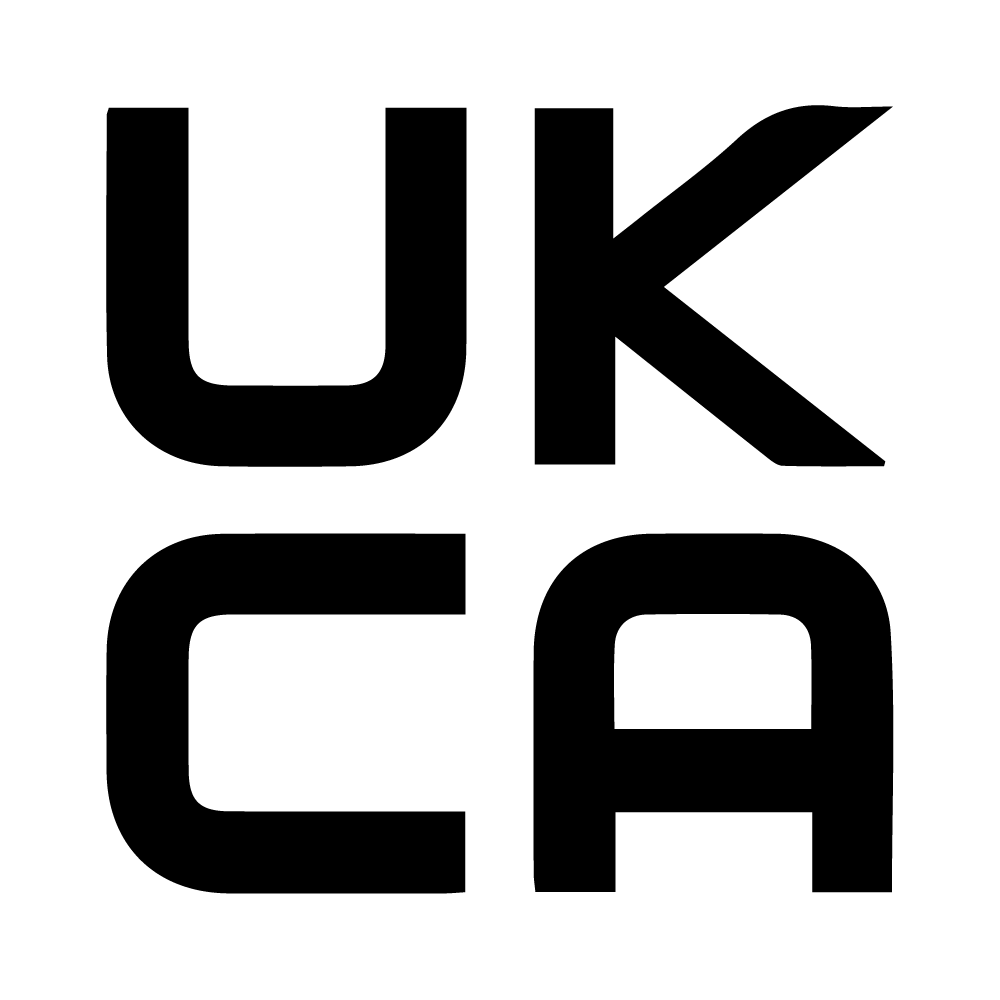
Part G2 Water Efficiency
The government now requires much greater efficiency of fittings and fixed appliances which consume water. Potential consumption of wholesome water by persons occupying a dwelling must, where a building is newly erected or where there is a material change of use, be limited to 125 litres per person per day.
Architects and installers must demonstrate G2 compliance before building regulation inspectors will approve the building. Architects and installers can demonstrate this in two ways. Firstly, by calculating the values of each individual component's water usage in accordance with the water efficiency calculation to the appropriate BCB. RAH Consultancy are experts in undertaking the compliance processes required to provide the necessary water efficiency calculations. European water label.
Architects and installers can also rely on the voluntary initiative introduced under the European Water Label Classification Scheme. This is a European wide voluntary scheme under which manufacturers may have their product's water efficiency tested and classified. Where these products are stipulated by the architect or installer the building regulators will rely on these test results when working out the building's water efficiency. RAH can assist any manufacturer in obtaining the necessary test data.
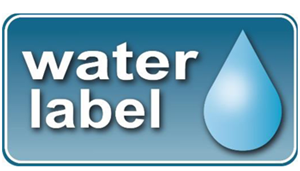

Part G3 Hot Water Supply and Systems
n the Secretary of State's view, direct and indirect hot water storage vessels must be installed so as to ensure they are adequately protected from failure. This is particularly the case with unvented hot water storage systems that require a range of safety devices to be fitted that prevent over pressure and over temperature. In addition there are requirements for the designs to meet a whole range of applicable British and European standards. Both NSF-WRc and KIWA operate approval schemes to ensure the compliance of these devices to meet these standards and regulations. RAH experience in testing hot water storage systems coupled with our unrivaled knowledge of water regulations makes us the preferred choice of an increasing number of industry professionals.

